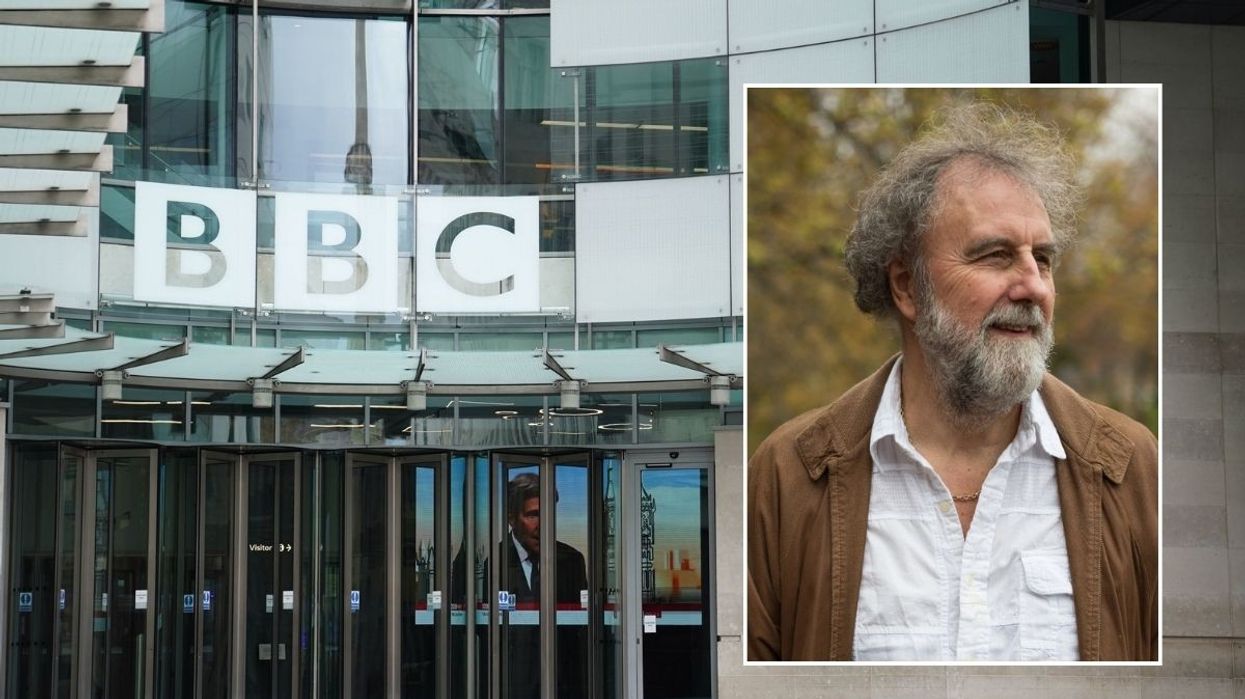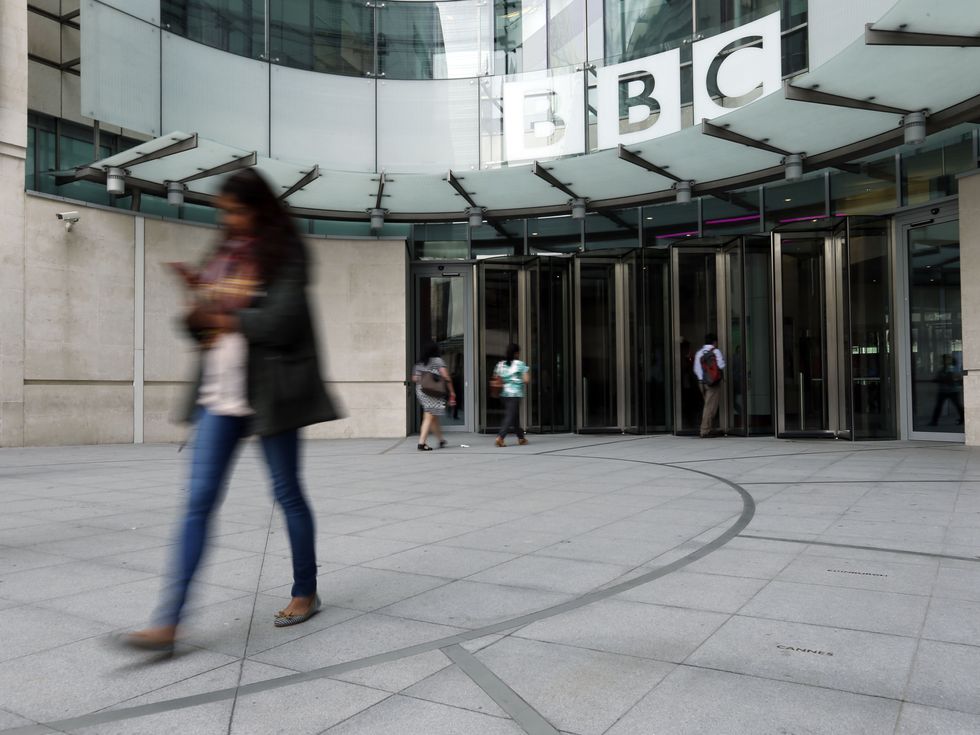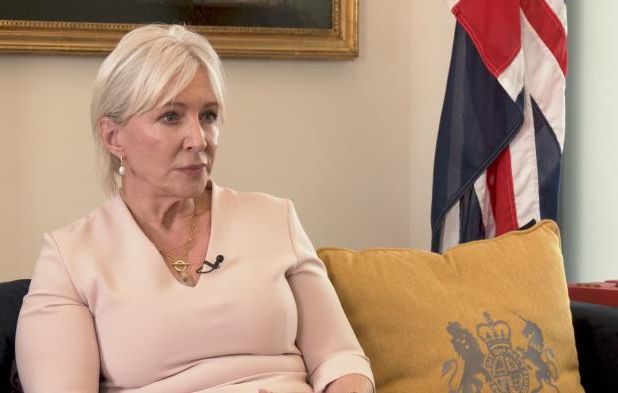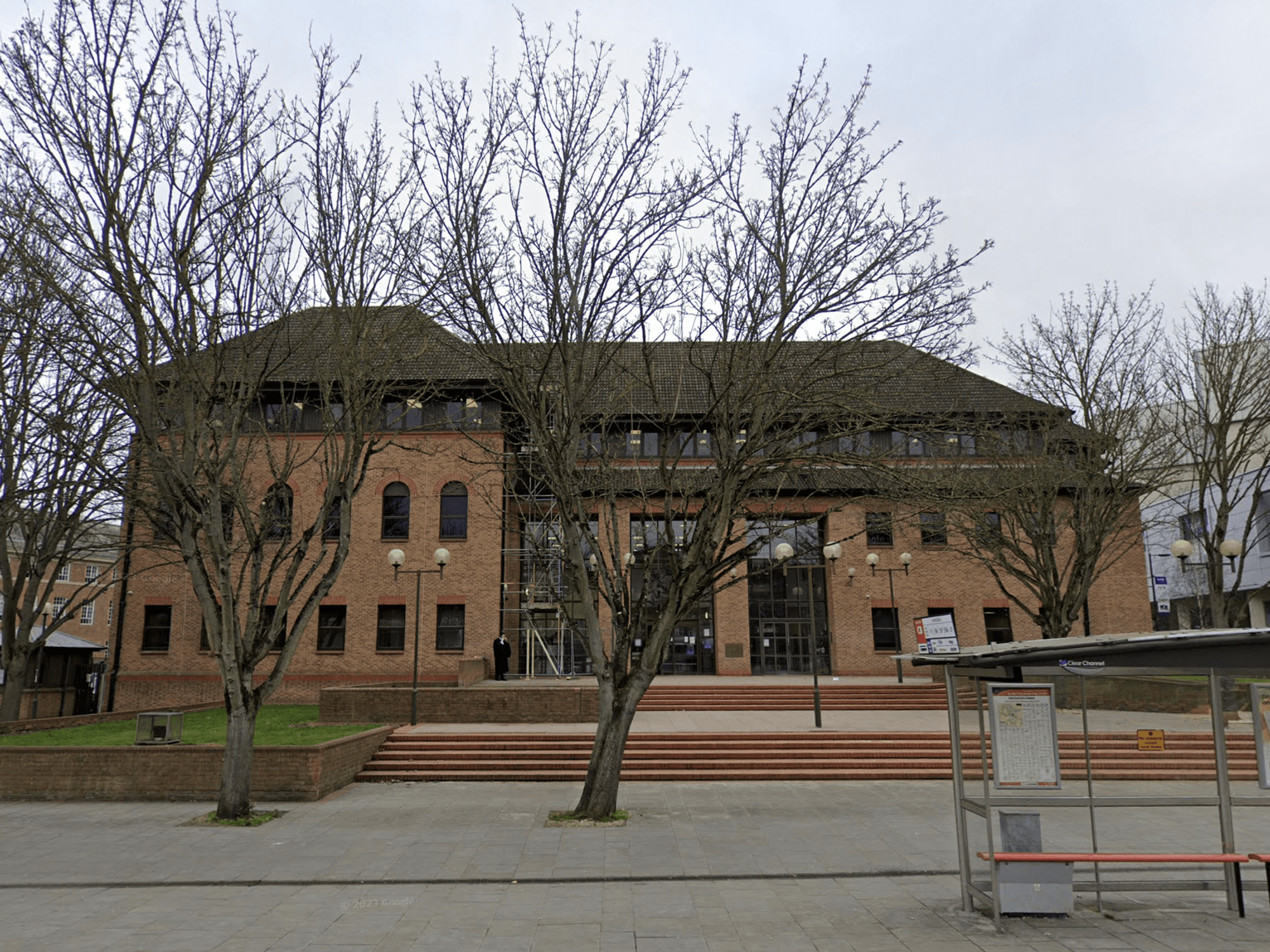'Depicting a dystopian nightmare!' BBC blasted for 'hysteria' in climate change coverage

Climate scientist Sir Bob Watson appeared on Radio 4 yesterday morning
|PA

The BBC held an interview with a climate scientist on BBC Radio 4's Today programme yesterday morning
Don't Miss
Most Read
Latest
The BBC has been accused of "scaremongering" and "hysteria" in its coverage of climate change by former Culture Secretary Nadine Dorries.
The ex-MP, who has long called for reform to the way the broadcaster operates, criticised the BBC's reporting for painting a dire picture without providing a wider context.
Meanwhile, a member of the influential Common Sense Group of Conservative MPs claimed the corporation was responsible for allowing depictions of a "dystopian nightmare" to go unchallenged.
It comes after the European Union’s climate service announced yesterday that global warming had surpassed 1.5C across a whole year.
The European Earth Observation Agency added that last month was the hottest January on record.
During an interview on Radio 4's Today programme yesterday morning about the new research, climate scientist Sir Bob Watson was asked to predict what the world would look like if temperatures rose by as much as 3C degrees a year.

The BBC has been criticised for its coverage
| PAHe responded: "Look what we have seen today with just a 1.5C rise, we’ve seen floods, we’ve seen drought, we’ve seen heatwaves and wildfires all over the world.
"So, if we go up to 2.5c to 3c the frequency of these extreme weather events and sea level rise will be quite severe, we need a 50 per cent reduction in emissions relative today by 2030."
Conservative member of the Common Sense Group Phillip Davies MP said: "The BBC are allowing for a dystopian nightmare to be depicted without challenge.
"I am afraid that the BBC has become so blinded by the climate extremists that it has lost all perspective and critical thought.
"It doesn’t even seem to realise that given the UK is responsible for a tiny proportion of carbon emissions, even if we got to net zero it wouldn’t make a blind bit of difference to global temperatures because of what is happening in China, India and other countries around the world. It would just serve to bankrupt us.
"Perhaps if they didn’t just recruit metropolitan lefties into the organisation - and weren’t so terrified of Gary Lineker - they might find someone who could challenge some of this climate net zero extremism."

Nadine Dorries said the 'scaremongering has no place on the nation's broadcaster'
|GB NEWS
Speaking to GB News, Dorries added: "This scaremongering has no place on the nation's broadcaster."
The former Mid-Bedfordshire MP added: "The comments made by the scientist on the Today programme and reported by the BBC bordered on hysteria."
She criticised the BBC for failing to provide a wider context for the role that the UK had played in reducing its carbon footprint and instead providing coverage that risked scaring a UK audience into fearing they were personally responsible for the rise in global temperatures.
"Climate change is driven by humans - but not solely by those lighting a fire in their living room on a winter’s day," she said.
"China, India, the US, and those countries dependent upon consuming vast quantities of fossil fuels and burning down rain forests are the real culprits.
"The British people are by and large responsible, are aware of the need to recycle, burn only dry wood etc and as we learn more, they will do more."
In the interview the BBC said "Britain has made substantial progress" in tackling climate change but went on to warn that both the current Conservative Government and the Labour Party had cut back on its climate policies.
However, in wake of the criticism of the broadcaster, Professor Tom Burke CBE, visiting Honorary Professor of Imperial College London defended coverage.
He said: "Since 200 governments, about 100 central banks and literally thousands of corporations as well as about 4 billion people agree with the BBC it is hard to fault the BBC on the evidence."
The BBC was approached for comment by GB News.










